The White House and congressional leaders from both parties reached a $2 trillion stimulus deal early Wednesday that will include direct payments to most Americans and an unprecedented amount of money to small businesses that have been pushed to the brink.
“Ladies and gentlemen, we are done,” declared White House legislative affairs director Eric Ueland just before 1:00 AM this morning. Although the fine details of the plan haven't been released, there will be $250 billion set aside for direct payments to individuals and families, $350 billion in small business loans, $250 billion in unemployment insurance benefits, and $500 billion in loans for distressed companies.
We also know that the bill contains the oversight requirements demanded by Democrats. This includes a provision that will block Trump family businesses and those of other senior government officials from receiving loan money under the programs.
The final details of the bill were expected this morning and it is reported that it should easily pass the Senate. Since the House of Representatives is in recess, leaders are considering approving the bill by unanimous consent, a tactic usually reserved for minor, uncontroversial measures.
Provisions of the stimulus include:
- Direct support for large and small companies that have lost all or most of their customers in recent weeks.
- Direct payments to low- and middle-income families.
- Measures to encourage companies to keep employees on their payrolls even if their businesses have closed temporarily.
- More aid to workers who are laid off or have had their hours and wages cut back.
- Unemployment benefits for self-employed workers.
As reported in the New York Times, lawmakers agreed to a significant expansion of unemployment benefits that would extend unemployment insurance by 13 weeks and include a four-month enhancement of benefits. Democrats said that the bill would allow workers to maintain their full salaries if forced out of work as a result of the pandemic.
Lawmakers also agreed to provide $1,200 in direct payments that would apply equally to workers with incomes up to $75,000 per year before phasing out and ending altogether for those earning more than $99,000. Families would receive an additional $500 per child.
Hospitals would receive $130 billion and state and local governments would receive $150 billion.
$350 billion is earmarked for loans to small businesses that keep their payroll steady through the pandemic. Small businesses that keep their workers would also receive a cash-flow infusion from federally guaranteed loans, with the potential for loan forgiveness for retention of employees during the crisis.
The Federal Reserve would receive $425 billion for loans to qualified distressed companies. Another $75 billion would be directed for industry-specific loans. The inspector general and a five-person panel appointed by Congress will have oversight over these loans. Companies that get these loans must agree not to buy back stocks for the length of the government assistance, plus an additional year.



